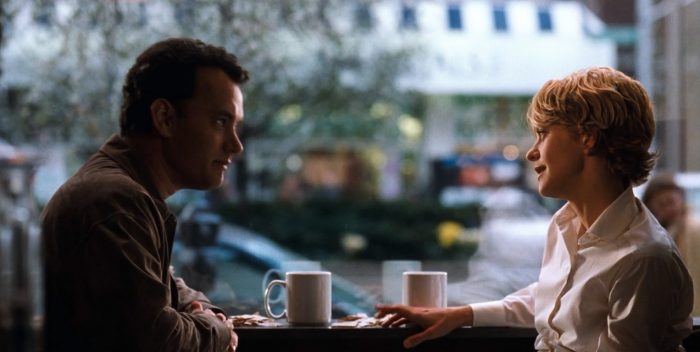Many readers know first lines of famous novels off by heart, sometimes without even knowing the title of the novel. A great first line is impossible to ignore because it promises so much.
But why don’t last lines have the same cachet? Is it because by the time we get to the end, if we get to the end, we have so much invested that all we care about is how the story ends?
SPOILER ALERT
Here are five cracker first lines and their corresponding last line:
1. Pride and Prejudice by Jane Austen
“It is a truth universally acknowledged, that a single man in possession of a good fortune must be in want of a wife.”
“Darcy, as well as Elizabeth, really loved them; and they were both ever sensible of the warmest gratitude towards the persons, who by bringing her into Derbyshire, had been the means of uniting them.”
Sounds like Austen is tying up loose ends.
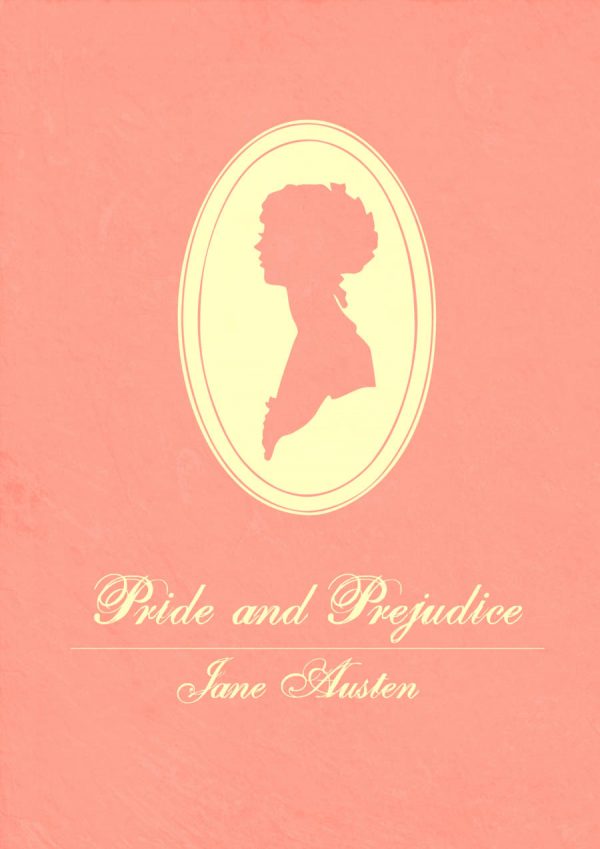
Source: Amazon
2. Anna Karenina by Leo Tolstoy
“Happy families are all alike; every unhappy family is unhappy in its own way.”
“I shall go on in the same way, losing my temper with Ivan the coachman, falling into angry discussions, expressing my opinions tactlessly; there will be still the same wall between the holy of holies of my soul and other people, even my wife; I shall still go on scolding her for my own terror, and being remorseful for it; I shall still be as unable to understand with my reason why I pray, and I shall still go on praying; but my life now, my whole life apart from anything that can happen to me, every minute of it is no more meaningless, as it was before, but it has the positive meaning of goodness, which I have the power to put into it.”
A long-winded way of saying, “Life goes on.”
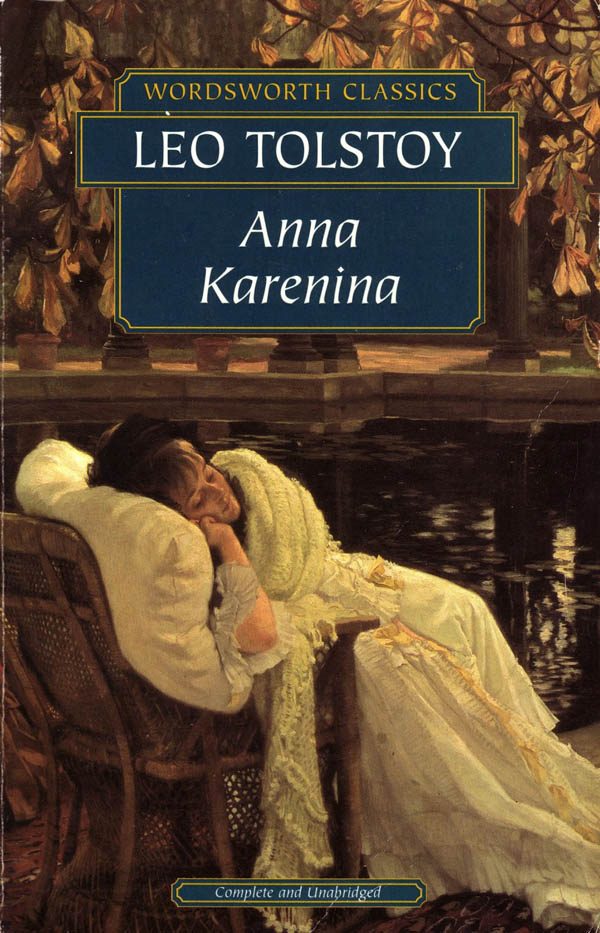
Source: Amazon
3. 1984 by George Orwell
“It was a bright cold day in April, and the clocks were striking thirteen.”
“He loved Big Brother.”
Chilling in its finality but otherwise, not memorable.
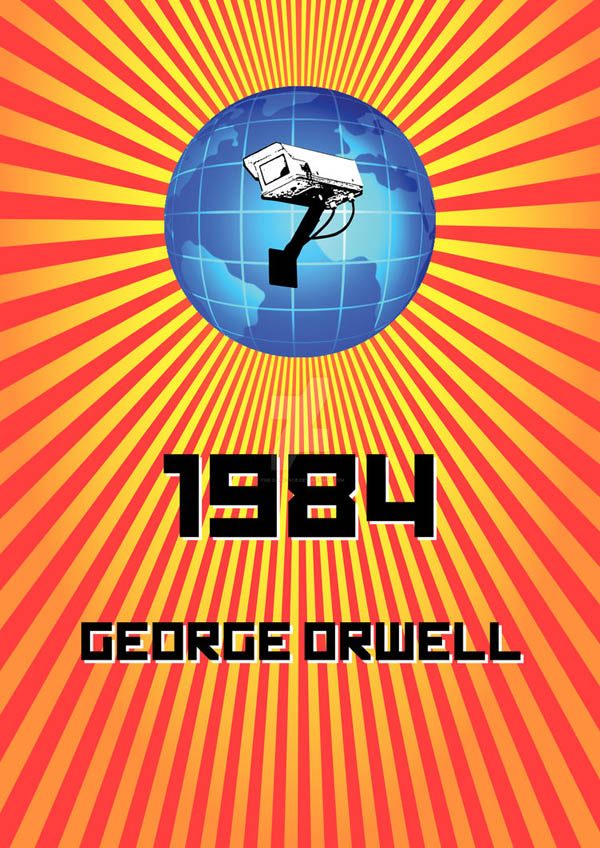
Source: Amazon
4. The Go-Between by L.P. Hartley
“The past is a foreign country; they do things differently there.”
“But I didn’t, and hardly had I turned in at the lodge gates, wondering how I should say what I had come to say, when the south-west prospect of the Hall, long hidden from my memory, sprang into view.”
It does conjure up that foreign country, the past. But not quotable.
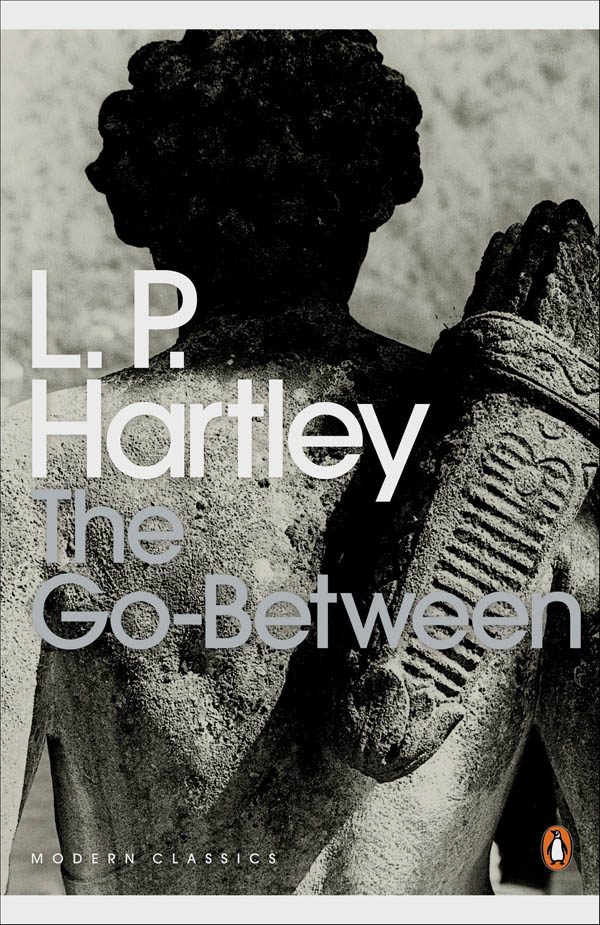
Source: Amazon
5. A Tale of Two Cities by Charles Dickens
“It was the best of times, it was the worst of times, it was the age of wisdom, it was the age of foolishness, it was the epoch of belief, it was the epoch of incredulity, it was the season of Light, it was the season of Darkness…”
“It is a far, far better thing that I do, than I have ever done; it is a far, far better rest that I go to than I have ever known.”
It wraps up the story, it’s recognizable, and it’s been referenced in Star Wars and The Dark Knight Rises. You can’t get better than that.
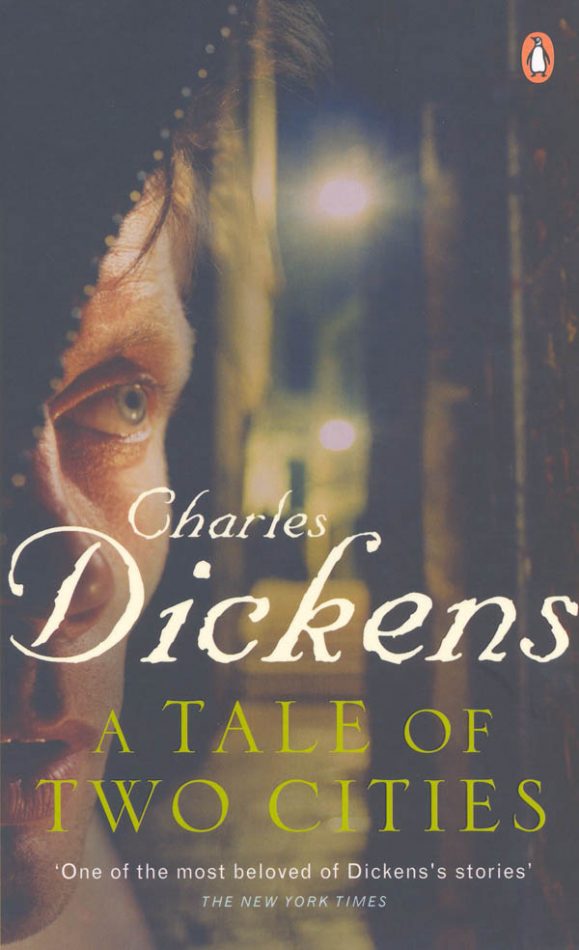
Source: Amazon
What do you think? Are last lines important as important as first lines or not at all?
Youtube Channel: rgoing
Feature image via Flickr
